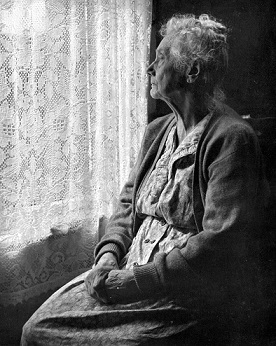
2. High Variation in HbA1c Raises Risk of Depression in the Elderly |

![]() A study published in Diabetes care journal has found that elderly people with type 2 diabetes face a higher risk of depression corresponding to their HbA1C variations.
A study published in Diabetes care journal has found that elderly people with type 2 diabetes face a higher risk of depression corresponding to their HbA1C variations.
![]() The research team included researchers from Tel-Aviv University, Israel and the Icahn School of Medicine at Mount Sinai, New York, USA.
The research team included researchers from Tel-Aviv University, Israel and the Icahn School of Medicine at Mount Sinai, New York, USA.
![]() The study included 837 participants drawn from the Israel Diabetes and Cognitive Decline (IDCD) study. The data from the trial goes as far back as 1998 and 18 HbA1c measurements on average per person. The average age of participant was 73 years-old and all participants had type 2 diabetes.
The study included 837 participants drawn from the Israel Diabetes and Cognitive Decline (IDCD) study. The data from the trial goes as far back as 1998 and 18 HbA1c measurements on average per person. The average age of participant was 73 years-old and all participants had type 2 diabetes.
![]() The results showed that people in the study with the highest amount of variation in HbA1c levels were found to be more at risk of suffering depression.
The results showed that people in the study with the highest amount of variation in HbA1c levels were found to be more at risk of suffering depression.
![]() The results do not mean that varying HbA1c levels necessarily causes depression but may play a role. Another factor to consider is that depression itself may contribute to variation in blood glucose control and therefore wider swings in HbA1c.
The results do not mean that varying HbA1c levels necessarily causes depression but may play a role. Another factor to consider is that depression itself may contribute to variation in blood glucose control and therefore wider swings in HbA1c.
![]() The results suggest that doctors and patients should be on the lookout for signs of depression in older patients if HbA1c levels show a relatively high level of variability.
The results suggest that doctors and patients should be on the lookout for signs of depression in older patients if HbA1c levels show a relatively high level of variability.
For enquiries info@jothydev.net.
Please visit: jothydev.net | research.jothydev.com | diabscreenkerala.net | jothydev.com/newsletter
